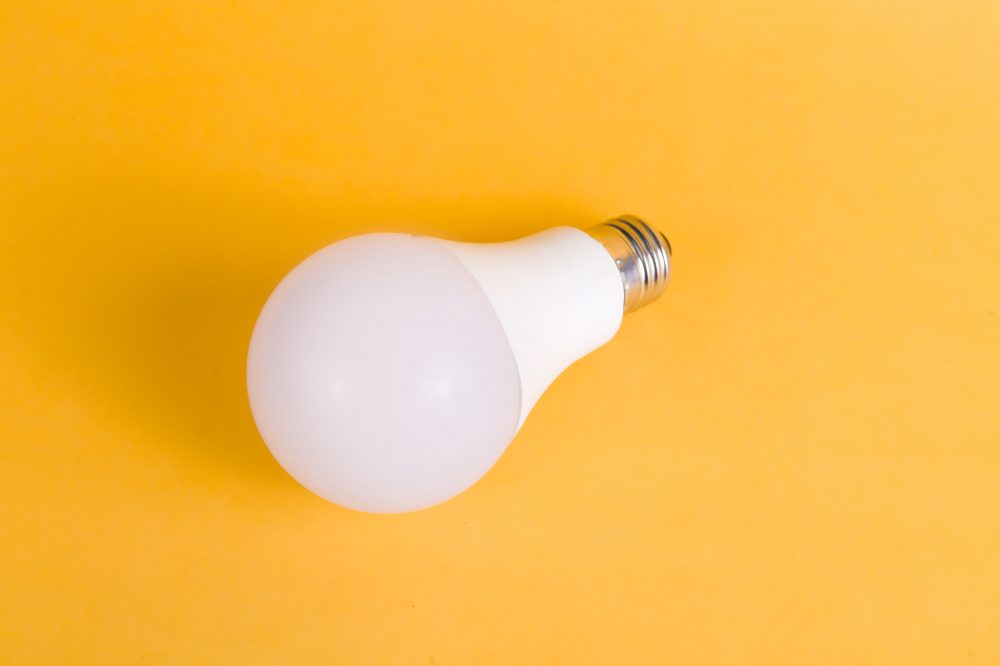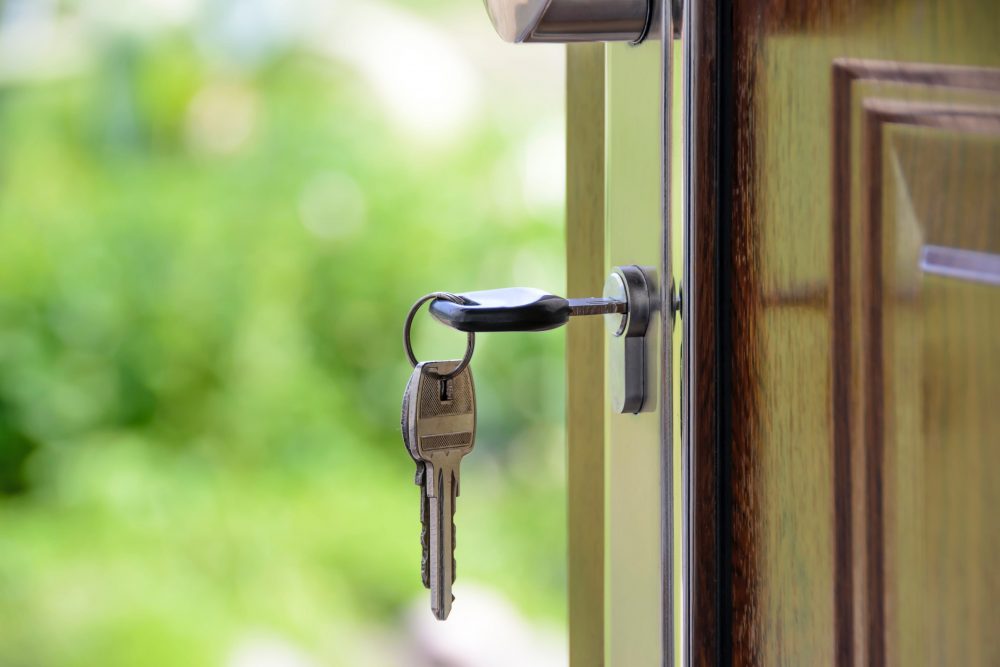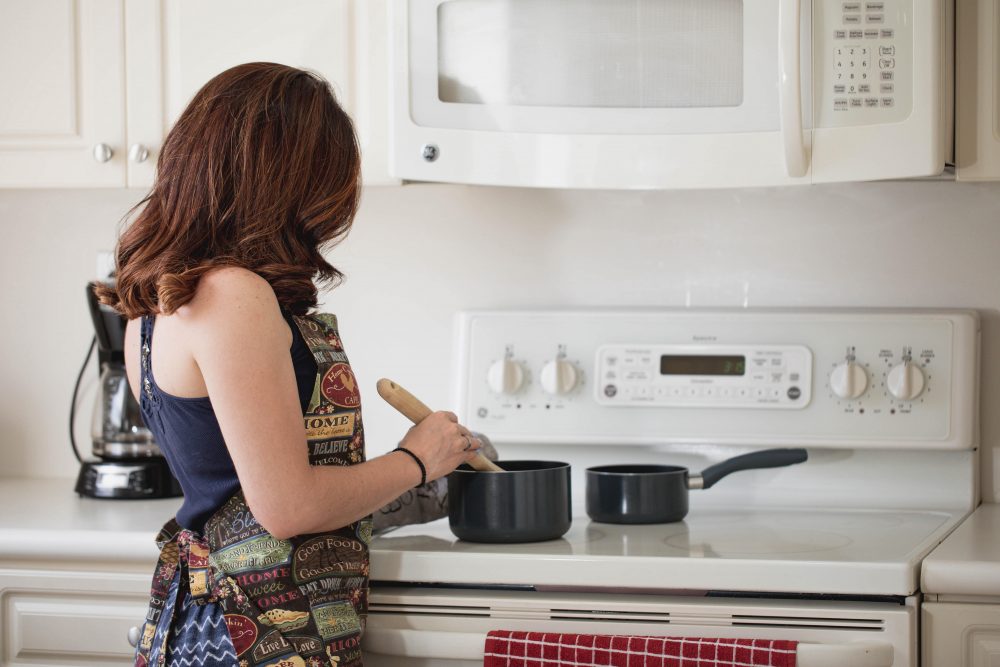WHAT IS THE LANDLORD’S RESPONSIBILITY FOR PROPERTY REPAIRS & MAINTENANCE?
To be clear on Landlords responsibilities for property repairs and maintenance – owners often ask why they should repair something like a broken lock, alarm contact, or auto gate not opening, when “the tenant is the one living there.”
The simple answer comes down to: tenants can generally only be held liable for repairs/replacement in the property if the damage was caused by the tenant actions, or for items that have a short life such as light bulbs and fuses.
It is of utmost importance that both landlords and tenants read and understand their responsibilities as laid out in the lease agreement. This is a binding contract that outlines which party will take on certain tasks. If your lease agreement does not specify these roles well enough, ask that clauses be added to protect yourself.

Alarm systems, auto gates and doors, locks, fixtures and fittings, appliances, and anything provided for the use of the tenant are generally the responsibility of the owner to repair, unless damaged by the tenant / damaged due to tenant negligence, or of course unless you have both agreed otherwise in your lease agreement.
Damage due to fair wear and tear is the owner’s responsibility to correct. The tenant is responsible for costs incurred due to willful or negligent actions.
Fair wear and tear can be defined as “deterioration or depreciation in the value of the subject matter by ordinary and reasonable use” and the Rental Housing Act specifically excludes the tenant’s liability for this (as explained in this article by a local Cape Town attorney, who specialises in property rental matters, on Property24). And as further mentioned in his article, placing this responsibility on the tenant would probably also violate the Consumer Protection Act.
The importance of an ingoing inspection
It would be remiss to not point out the value of an ingoing inspection, as this provides a detailed record of the property at the start of tenancy. With the images provided in the report, agents, landlords and tenants can judge clearly if an item was already damaged or worn, and to what extent. When an item needs to be repaired at the end of tenancy, it is easier to ascertain which party is responsible financially.

Items for tenants to maintain
- Mould – mould and mildew is caused by improper ventilation and increased moisture, and is for the tenant to mitigate and eradicate.
- Blocked drains – this is usually due to tenant usage so payable by the tenant (hair, food, leaves etc.) but if the blockage is due to roots of trees it would be for the landlord’s cost.
- Gardens – the tenant is responsible for general maintenance, adequate watering, trimming bushes, cutting lawns etc. and the removal of garden waste.
- Light bulbs, fuses (e.g. stove, unless caused by a problem with stove or electrical system), and tap washers – the tenant is liable for replacement during the tenancy.
- Pools – tenants must keep the pool clean and inform the landlord or agent of any structural problems.
- Gutters – keeping gutters clear of leaves and other obstructions is the tenant’s responsibility
Items for landlords to maintain
- Fireplace chimneys – the landlord should maintain the fireplace in working condition, e.g. having the chimney cleaned at appropriate intervals.
- Gardens – the landlord is generally responsible for major projects, e.g. tree felling, and insect/vermin eradication (unless the tenant caused the condition to occur).
- Paint – if paint has faded or become chipped over time (especially along skirtings) the landlord is responsible for this upkeep.
- Security system infrastructure – beams, alarm pads and electric fences are for the landlord to maintain.
- Roof leaks – the landlord needs to ensure that the structure of the home is in good working condition.
- Pools – landlords are responsible for ensuring that the pool works correctly.
- Damp – if it is caused by a structural leak (i.e. water leaking in from the ceiling) then this is for the landlord to fix.
Damage due to fair wear and tear is the owner’s responsibility to correct. The tenant is responsible for costs incurred due to willful or negligent actions.
Repairs to appliances provided for use of the tenant require a mention because owners so often balk at paying for repairs as they reason that the tenant has this in daily use. As with any fixture or fitting, the landlord is responsible for repairs to appliances provided under the tenancy agreement:
- Unless the damage was caused by the deliberate actions or neglect of the tenant.
- Unless it has been agreed upfront that the landlord will supply the appliance but the tenant will be liable for repairs (which tenants would be unlikely to agree to on an older item).

Tenants are obliged to report any damage, failing which they could find themselves held liable for any further damage due to lack of timeous attention to the initial problem – and tenants are obliged to provide access for contractors to effect repairs, not the agent as some tenants fondly think.